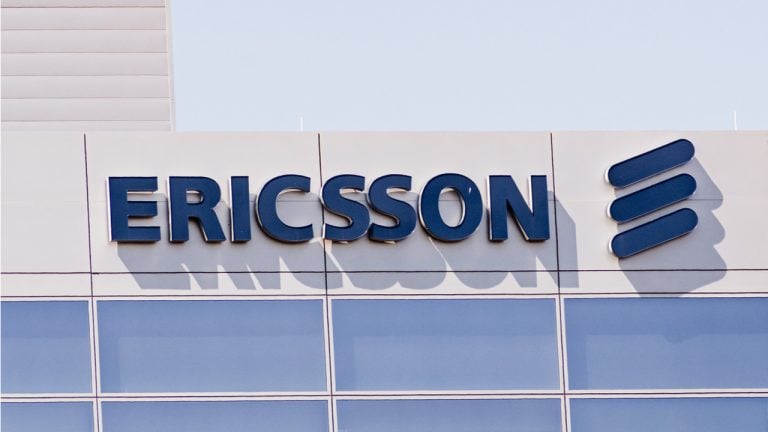
While Apple Vision Pro comes with features geared toward personalized virtual reality, Mira’s headsets are purpose-built for industrial applications.
Just a day after launching a new virtual reality (VR) product line, Apple Vision Pro, the tech giant confirmed the acquisition of Mira, an augmented reality (AR) startup that provides hands-free, smartphone-powered headsets.
On June 7, The Verge reported Apple’s latest acquisition was revealed through a private Instagram post shared by Mira CEO Ben Taft, which Apple later confirmed as accurate to the outlet. Expected to hit the market in early 2024, Apple Vision Pro stands as the most expensive mixed-reality gear — currently being priced at $3,499.
While Vision Pro comes packed with innovations geared toward personalized virtual reality, Mira’s headsets are purpose-built for industrial applications. Current use cases include chemical, steel and food manufacturing, mining services and defense. Other prominent implementations include building AR headsets for Universal Studios in Nintendo World theme parks.
Responding to The Verge’s request for comment, Apple stated:
“Apple buys smaller technology companies from time to time, and we generally do not discuss our purpose or plans.”
Mira reportedly raised $17 million in funding in the past from investors including Blue Bear Capital and Sequoia, however, Apple’s investment for the company’s acquisition remains undisclosed.
According to PrivCo data, Mira had a post-money valuation in the range of $50 million to $100 million as of Jul 29, 2020. Moreover, IPqwery confirms that the company holds 14 patents and 8 trademarks.
Apple has not yet responded to Cointelegraph's request for comment.
Related: Apple’s new headset could put a rocket under metaverse tokens
While Apple decided to explicitly exclude the words “metaverse” or “virtual reality” during Vision Pro’s launch, tech entrepreneurs see the device’s potential to expedite the sub-crypto ecosystem’s adoption.
Along with tech giants, government agencies have also started experimenting with the metaverse. Most recently, the Chinese city of Nanjing inaugurated the China Metaverse Technology and Application Innovation Platform to advance metaverse research and development across the country.
The platform aims to serve as a central hub of resources for metaverse-related endeavors. Other major Chinese cities, including Shanghai, have also launched various metaverse initiatives with the hopes to cash-in annual revenue of 350 billion yuan ($49.6 billion) by 2025.
Magazine: Tornado Cash 2.0: The race to build safe and legal coin mixers















